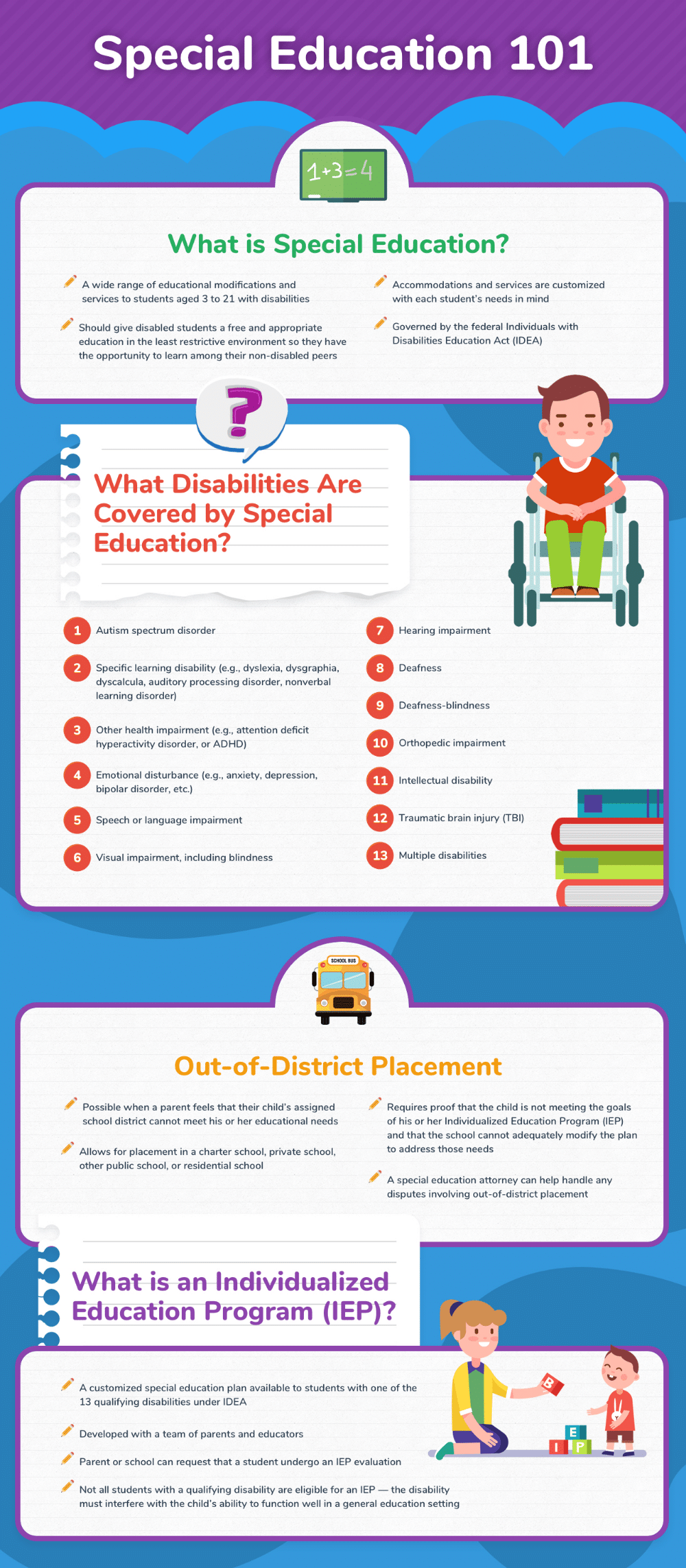Center-based programs offer a variety of services and approaches to support children with special needs. Here are some examples:
| Service |
Description |
| Occupational Therapy |
Helps children develop fine motor skills and improve sensory processing |
| Speech Therapy |
Addresses communication challenges and language development |
| Behavior Support |
Teaches positive behavior strategies and self-regulation techniques |
| Inclusive Classrooms |
Integrate children with and without special needs to foster acceptance and understanding |
These services, combined with a nurturing environment and trained staff, help children with special needs thrive and reach their full potential in center-based programs.
This post was originally published on Sept. 10, 2023. It was updated on April 19, 2024.















